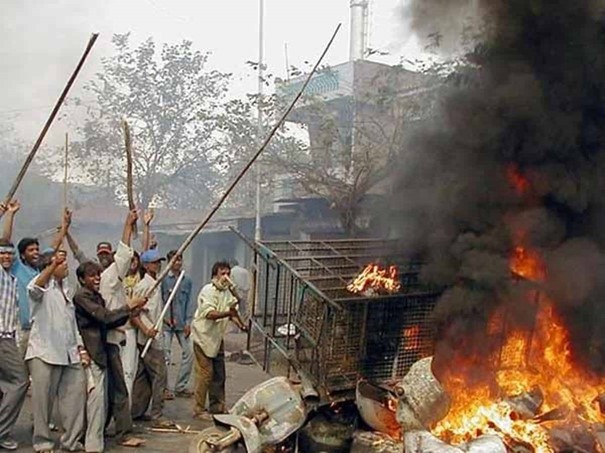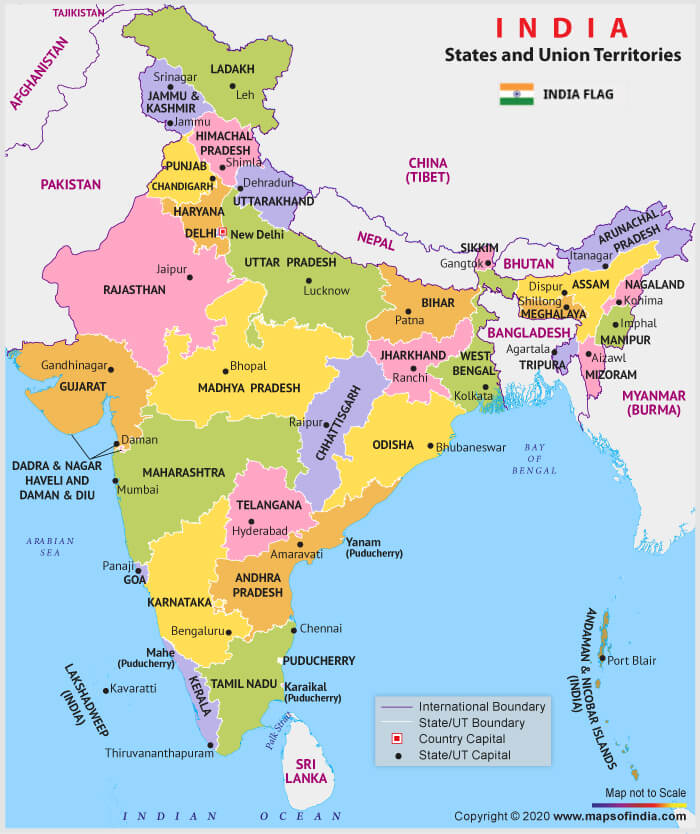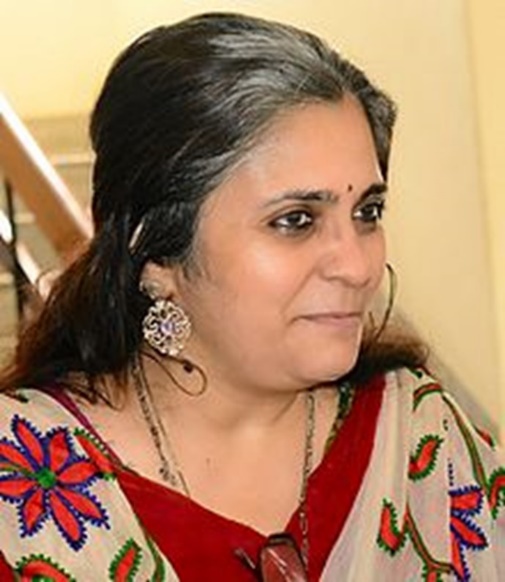De ironie van de rechtspraak in India –
De zaak Teesta Setalvad
India is sinds augustus 76 jaar onafhankelijk, d.w.z. vrij van de toenmalige Britse kolonisering. Ashok Gladston Xavier beschrijft in volgend artikel de dromen die de stichters hadden en hoe een grondwet tot stand kwam waarin een keuze werd gemaakt voor een democratische, socialistische, seculiere republiek.
Die keuze van toen staat vandaag sterk onder druk omdat de grote uitdagingen zijn gebleven: analfabetisme, werkloosheid, onderontwikkeling, gebrek aan gezondheidszorg, sociale ongelijkheid, de breuklijnen van religie, kaste en klasse.
De politieke partijen manipuleren die breuklijnen om hun eigen doelen te bereiken. In de naam van de religieuze identiteit worden er misdaden gepleegd. Minderheden worden met de vinger gewezen alsof ze de meerderheid bedreigen.
Het ergst is dat wettelijke mechanismen worden gebruikt om strafbare daden goed te praten. Ashok legt dit uit naar aanleiding van het recent vrijlaten van elf gevangenen, die betrokken waren bij het verschrikkelijke bloedbad van Gujarat in 2002. De vrijlating bracht een schok teweeg over het hele land. Er was protest en verontwaardiging.
Teesta Setalvad is een van de gerenommeerde verdedigers van een slachtoffer van dat bloedbad. Maar ze werd nu zelf gearresteerd en belandde in de gevangenis. Ashok Gladston Xavier vraagt zich af of men de rechtspraak in India nog langer kan vertrouwen. De moordenaars lopen vrij rond, een journalist en advocaat van een slachtoffer worden gearresteerd.

The ironies of the Justice Mechanism
India just celebrated its 76th Independence Day on 15th August 2022. Over these the country has come a long way. Technologically, educationally and even to some extent socially there has been remarkable progress. All this has to be attributed to the visionary founding fathers of the country and those who were responsible for carrying the dreams of a nation on their shoulder with the imaginations of bringing progressive changes.
The boldness of these dreams were translated into words in the constitution and its preamble. The pathways for a sovereign, democratic, socialist, secular, republic was laid setting aside many challenges.
After completing three quarters of a century as a young and independent country, India is faced with actions that shake the foundational belief in its own commitment to the character of the constitution.

The key concerns today are not so different from what it was 75 years ago. Issues of illiteracy, unemployment, underdevelopment, lack of access to health, social inequities, and so on still remain at large. More concerning is the deep divides that are visible in terms of religion, caste and class.
In an attempt to capture power, the political parties have been able to touch the delicate chords of religion and caste and play with them to suit their ends. They have been successful in justifying several misdeeds and social evils in the name of establishing religious identities. This works very effectively when the threat a community feels that it is threatened by a minority.
As I have always held the opinion that an organized minority can be used to increase the threat to an unorganized majority. The leaders of the unorganized majority make sure that they cite every single incident to ensure that they are threat perception of the majority increases to a liminal point that drives them to act in inhuman ways. Worse still these acts can be justified as well using the legal mechanisms at the highest levels.
On 15 August 2022 on the 76th Independence Day of India many prisoners were given remission of their long sentences. This is quite customary every year. This year also a number of prisoners were released, out of which 11 of them drew the nations’ attention. These were men who had committed heinous crimes.
There is no need to do any soul searching to define the nature of the crime. In 2002, during the riots in Gujarat these 11 men brutally murdered a five-year-old child and raped the mother of the child. She was five months pregnant.
The case took several years to get a proper hearing the 11 accused were proven guilty and granted a life imprisonment. This year one of them had applied for remission on account of good behaviour.
A committee was set up review their cases. The committee consisted of people allegedly close to the ruling party who sympathized with the case and recommended their remission. This was completely against the law that clearly states that the remission does not apply to people who committed such crimes. The panel justified the case and men are out.

On the day of their release, there were people who stood in front of the jail and welcomed them with garlands and sweets as if they were heroes. This droves the civil society into a shock.
A couple of days later a journalist interviewed one of the members in the panel, the member justified that they were from good Brahmin families and they deserved a second chance. This added to the outrage that already existed.
The civil society has been trying to fathom the release and trying to question the logic of it. There are petitions and protests that are being organized to revoke the remission. The person who was outraged says that she has lost confidence in the law!
While this has been happening, Teesta Setalvad, a person who dared to question the cause behind the entire carnage has been arrested. For close to 19 years, she has taken on the might of the Gujarat government on behalf of the Ishan Jaffrey a then sitting congress MP who was massacred in broad daylight in front of his wife Zakia Jaffry.
Even though there was enough evidence she had lined up and presented it skillfully she lost the case for frivolous reasons. Now it is important to remember, Teesta comes from a family of illustrious legal luminaries who had dedicated their lives to the cause of the nation.
The irony is that the criminals are out on remission and someone who fought for justice on behalf of a victim is in prison. This leads to a few questions, what is justice?
Can the system be trusted to deliver justice to the victims? If the grand master and architect of the violence is let go, then why should the mere petty criminals be punished? Isn’t Teesta from a good family with values? In that case why is she in prison still?
One thing is clear, just like the ruling party used to accuse the Congress Party of appeasement politics, today it seems as though the current dispensation wants to appease the fundamentalists and radical elements keeping in mind the upcoming elections in Gujarat and garner more support.
What they do not realize is that it damages its own credibility in the long run. An early realization of this will not only help the party but also the nation.
Ashok Gladston Xavier
Ashok Gladston Xavier is associate professor in social work at Loyola College, Chennai, Tamil Nadu, India
Lees verder (inhoud september 2022




